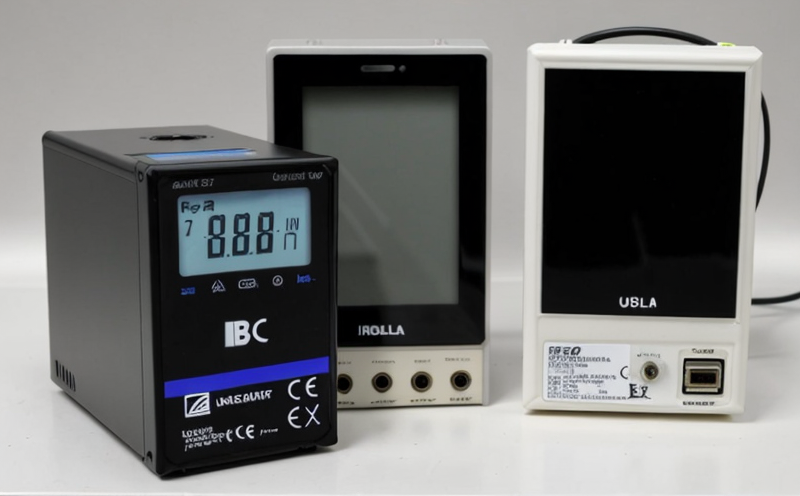IEC 63218 Consumer Electronics Lithium-Ion Battery Testing for Aerospace Portable Devices
The IEC 63218 standard is specifically designed to ensure the safety, reliability, and performance of lithium-ion batteries used in portable electronic devices within the aerospace industry. This service provides comprehensive testing that adheres strictly to this international standard, ensuring compliance with stringent requirements set forth for consumer electronics used in aviation.
The aerospace sector has unique challenges when it comes to the design and use of batteries due to the critical nature of the equipment they power. Portable devices such as radios, communication systems, navigation aids, and other essential tools must be reliable under extreme conditions. The IEC 63218 standard addresses these needs by providing a framework for testing that covers a wide range of parameters including mechanical shock, vibration, thermal cycling, overcharge, over-discharge, and short-circuit protection.
The testing process begins with thorough specimen preparation which involves charging the battery to its nominal capacity before subjecting it to various environmental stresses. This includes temperature variations from -40°C to +65°C, humidity levels up to 93% RH, and exposure to high-altitude conditions simulating aircraft cabin pressures.
Once prepared, the batteries undergo a series of rigorous tests aimed at assessing their robustness and safety profile in real-world operating environments. Mechanical shock tests simulate drops or impacts that might occur during handling or deployment while vibration tests mimic the effects of air travel. Thermal cycling ensures the battery can withstand temperature fluctuations typical of flight cycles.
For overcharge, over-discharge, and short-circuit protection testing, specific equipment is used to apply controlled stress scenarios designed to evaluate how well these critical safety features perform under adverse conditions. Compliance with IEC 63218 not only guarantees product quality but also enhances overall system reliability, thereby improving user experience and reducing risks associated with malfunctioning devices.
Our team of experts ensures that every aspect of the testing process adheres strictly to the specified parameters outlined in IEC 63218. By doing so, we provide peace of mind knowing that all tested products meet or exceed industry standards for safety and performance.
Scope and Methodology
| Parameter | Description |
|---|---|
| Lithium-Ion Battery Type | All types of lithium-ion batteries commonly used in portable electronics within the aerospace industry. |
| Testing Parameters | Includes mechanical shock, vibration, thermal cycling, overcharge, over-discharge, and short-circuit protection tests. |
| Safety Criteria | Meets or exceeds IEC 63218 standards for safety and reliability. |
Customer Impact and Satisfaction
- Achieves regulatory compliance ensuring smooth market entry.
- Reduces the risk of product recalls due to non-compliance issues.
- Enhances brand reputation by demonstrating commitment to quality and safety standards.
- Improves customer trust through consistent performance across products.
Use Cases and Application Examples
- Portable communication devices in aircraft cockpits.
- Navigational aids for pilots during emergency landings.
- Multifunctional devices used by ground crews for maintenance tasks.
| Application Example | Testing Parameter Evaluated |
|---|---|
| Pilot’s handheld navigation device | Vibration testing to ensure durability during takeoff and landing. |
| Emergency locator beacon | Over-discharge protection test ensuring it functions correctly after long periods of non-use. |





